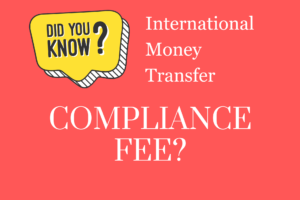A common question posed to any operator is whether remittances are clean and free from money laundering. The truth is, despite claims to the contrary, it’s virtually impossible to ensure 100% clean remittances unless all transactions occur between accounts with verified sources of funds. However, the majority of remittances worldwide are conducted in cash, providing an ideal avenue for money launderers, drug traffickers, and those with illicit finances to legitimize their funds.
Here’s an example: An immigrant wants to send $300 home, which costs them $20 in fees. Another party offers to cover the $15 or $10 fee in exchange for sending a larger sum, say $2,000, home. This scheme is common, and if one person declines, there are others willing to participate. These transactions are not limited to specific routes or destinations; funds can be laundered through various countries and networks, making detection challenging.
Recruiters, or lookouts, often loiter outside money transfer companies to identify potential participants. They approach individuals, offering incentives to facilitate money transfers. Some participants understand the illicit nature of the transactions, while others are unaware or curious but ultimately accept the offer. These transactions often involve untraceable or non-linkable forms of payment, complicating detection efforts.
Consider a scenario where a migrant suddenly increases their remittance from $500 to $1,500 or $2,500. Detecting such anomalies is exceedingly difficult, especially when transactions fall below reporting thresholds. Money transfer operators typically do not monitor individual transaction patterns closely, allowing illicit activities to persist.
Determining responsibility in such cases is complex. The individual conducting the transaction may appear legitimate, making it challenging to ascertain their intent. For instance, a mother sending increased amounts back to her home country may raise suspicions, but unless transactions breach reporting limits, little can be done to intervene.
This challenge is not unique to the United States; it’s a global issue affecting countries known for originating remittances. Despite efforts to curb illicit activities, the nature of remittance transactions makes effective regulation and enforcement challenging.
—
This page was last updated on February 8, 2024.
–




